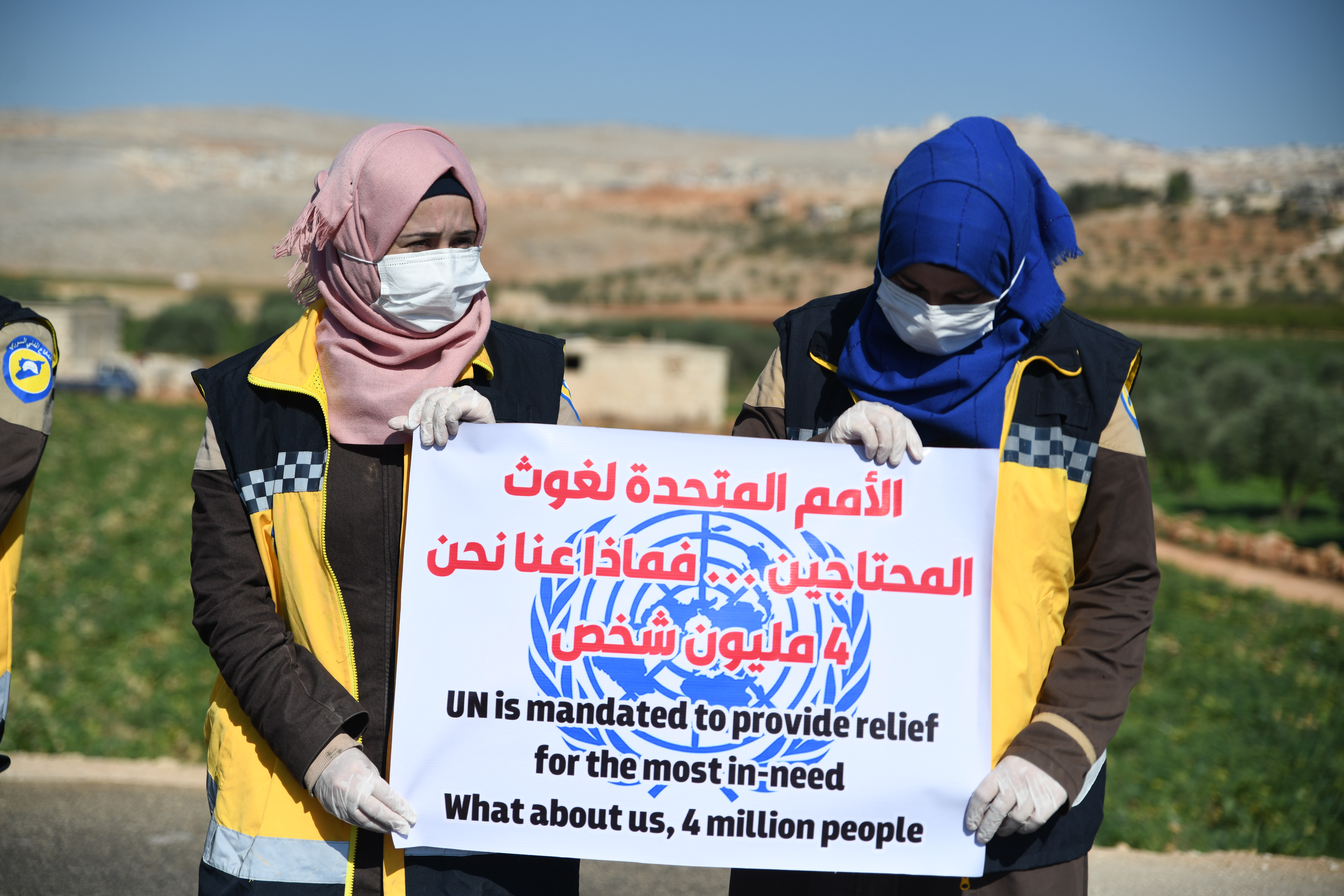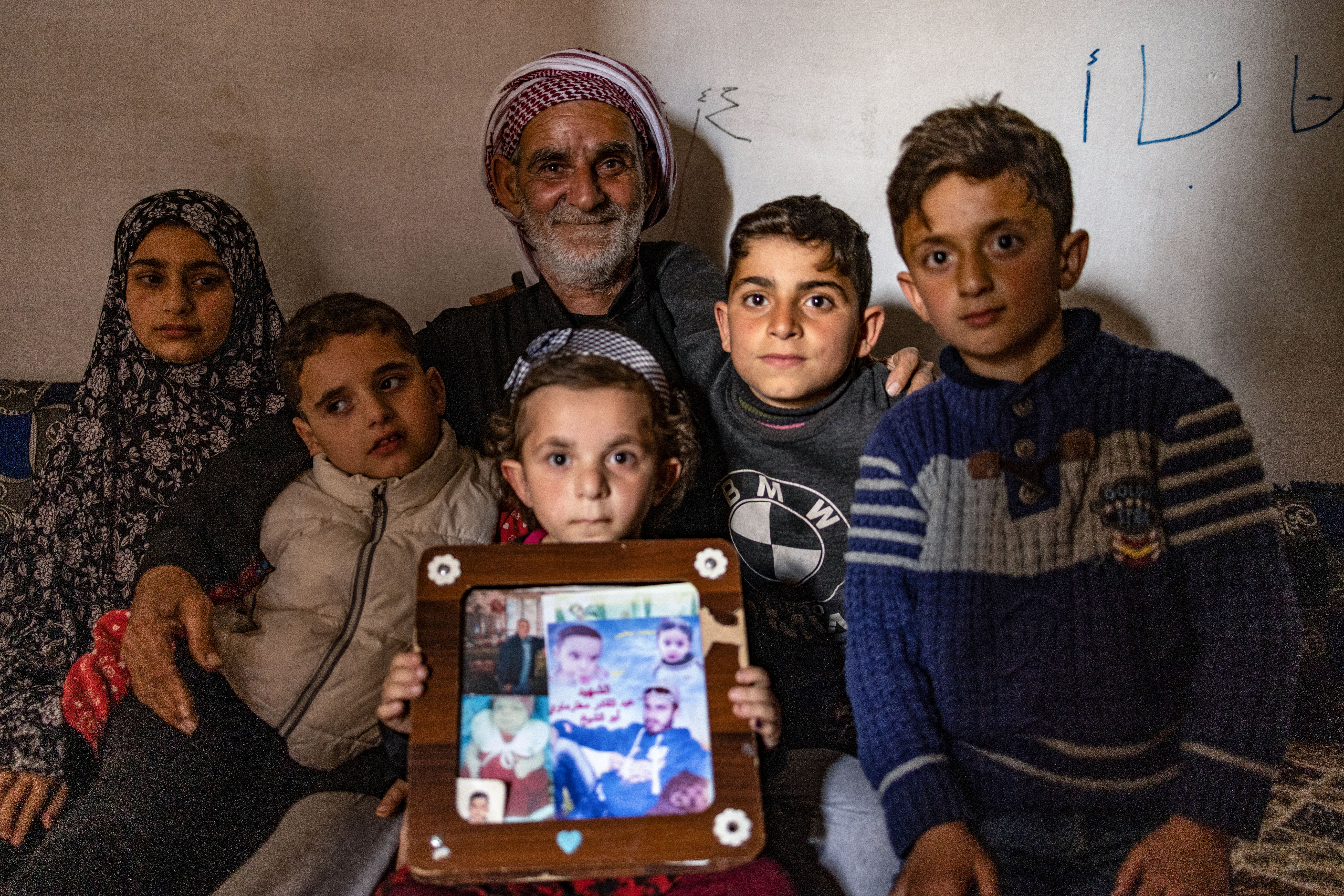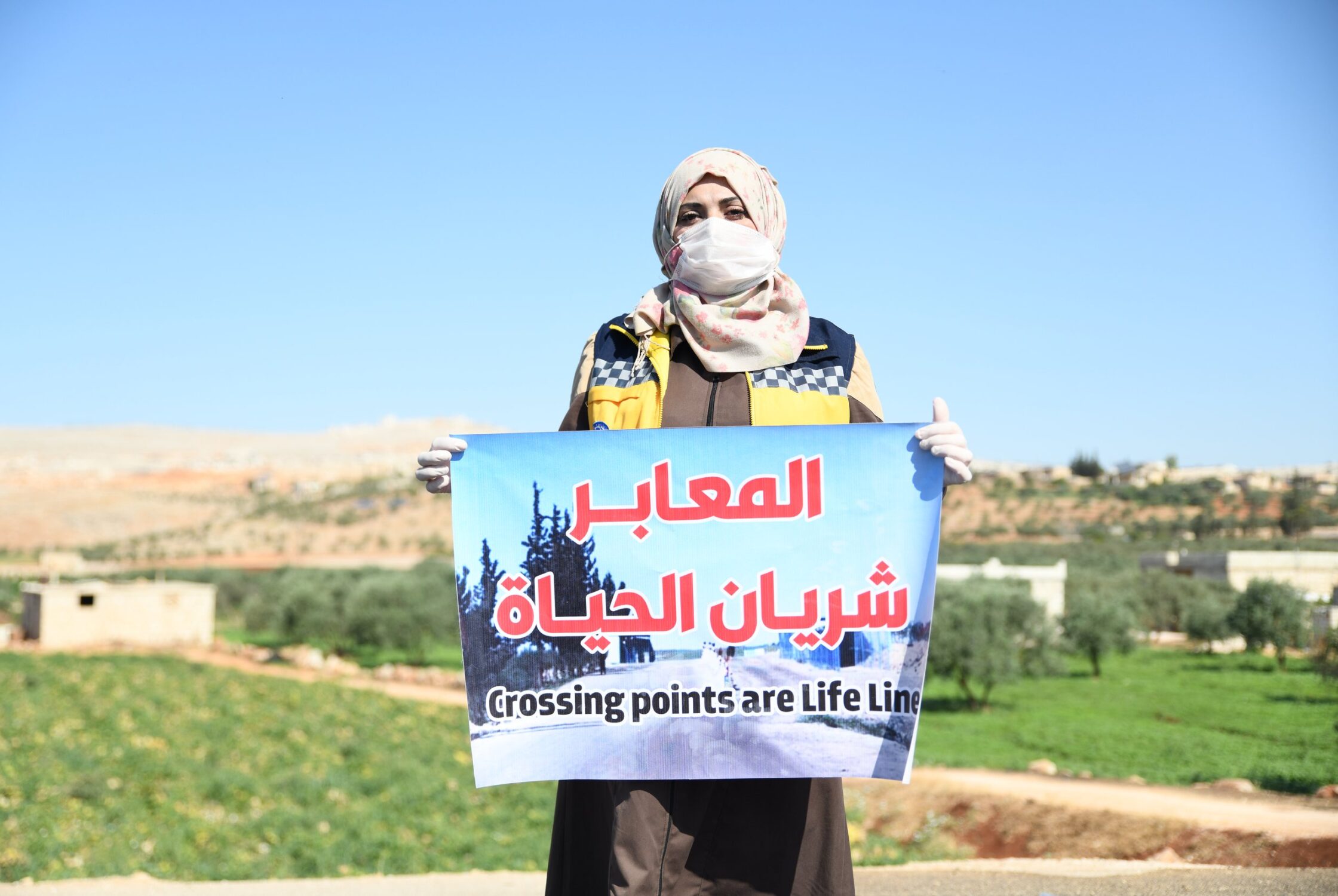Hardin Lang is vice president for programs and policy at Refugees International. A veteran of six United Nations peacekeeping and humanitarian field missions, Hardin has worked in Afghanistan, the Balkans, Central America, Gaza and the West Bank, Iraq, Haiti, Jordan, Lebanon, Myanmar, Tunisia, Turkey, and West Africa. During his UN tenure, Hardin helped launch the UN stabilization mission in Mali, served as head of office for the UN special envoy for Haiti, and worked on the UN mission in Afghanistan. In Iraq, he served as chief of staff for the International Organization for Migration’s humanitarian and stabilization mission and later as an adviser to the UN special representative in Baghdad. Earlier in his career, Hardin spent two years working for the UN mission in Kosovo and three years working for the UN and human rights organizations in Guatemala.
Immediately prior to joining Refugees International, Hardin was a senior fellow at the Center for American Progress (CAP) where he specialized in Middle East conflicts and national security policy. He has also been a senior fellow at the Center for Strategic and International Studies (CSIS). Hardin has published widely, including in the Wall Street Journal, Foreign Policy, Newsweek, and U.S. News & World Report. Hardin holds a master’s degree in public policy from the Princeton School of Public and International Affairs, a master’s degree in international history with a focus on the Middle East from the London School of Economics, and a bachelor’s degree from Oberlin College.
Publications by the Author
As Grand Bargain leaders meet this week, they must double down on their commitment to change the way government, U.N., and international NGO funding gets to local organizations.
The U.S. government has a unique ability – and thus a unique responsibility – to press for an immediate de-escalation before the situation spins further out of control.
There is a window to reverse the descent toward famine—if there is the political will to do so. But time is of the essence.
Localising the humanitarian response in Ukraine would improve the sustainability and reach of the overall response.
Today, we remember those who died and redouble our efforts to advocate for the safety of humanitarian workers everywhere.
Refugees International shares four actions for preserving humanitarian assistance to Northwest Syria.
The UN Security Council must renew authorizations for UN agencies to provide critical lifesaving aid to Northwest Syria.
The Biden administration has yet to articulate a clear policy for Syria. The time is now to make a tangible commitment to the protection of a robust humanitarian architecture.
While international aid architecture for Northwest Syria has evolved in the aftermath of the earthquake, the current response remains woefully inadequate.
The international community cannot remain indifferent and complacent in the face of renewed threats against the Ezidis.





